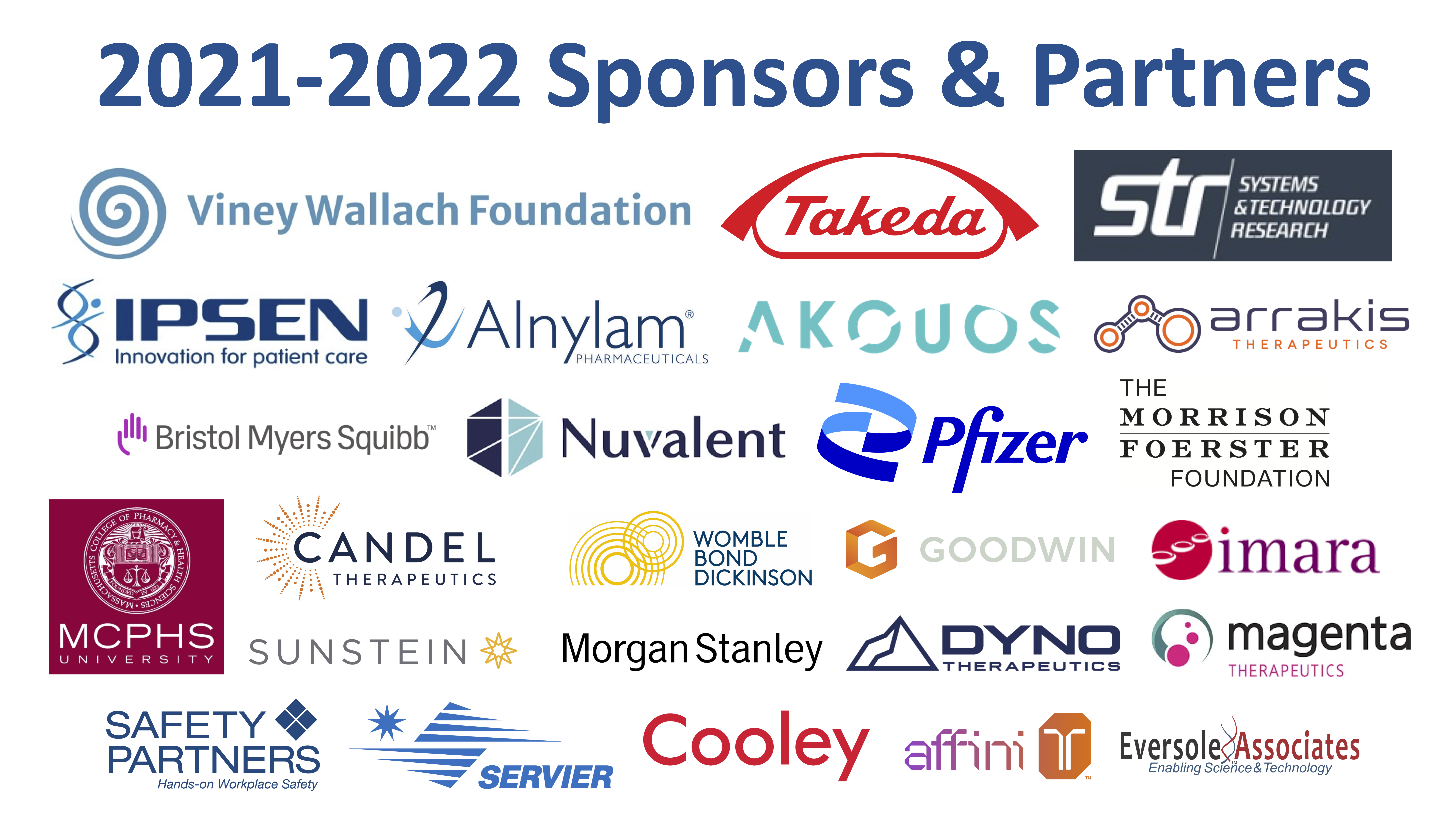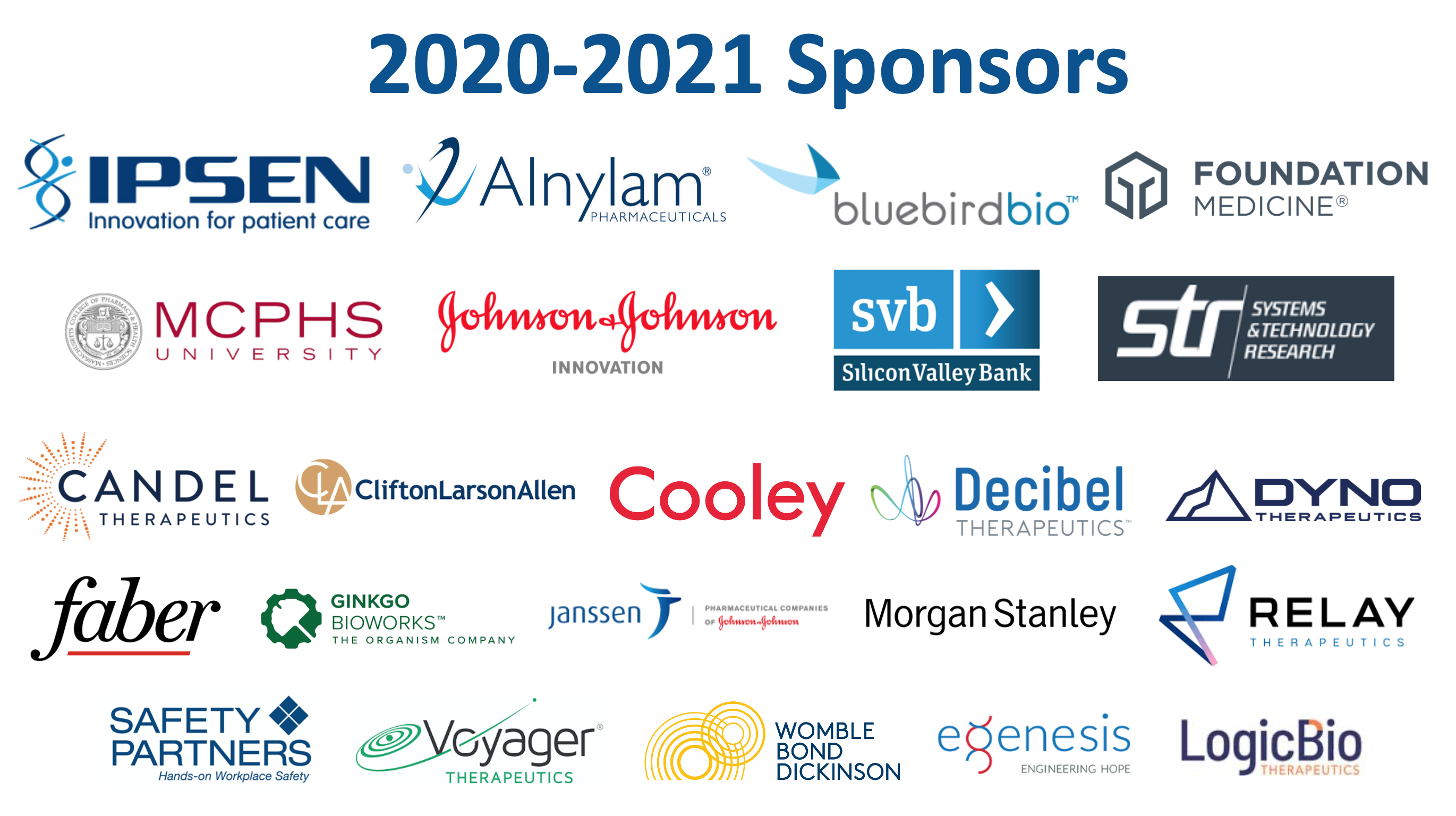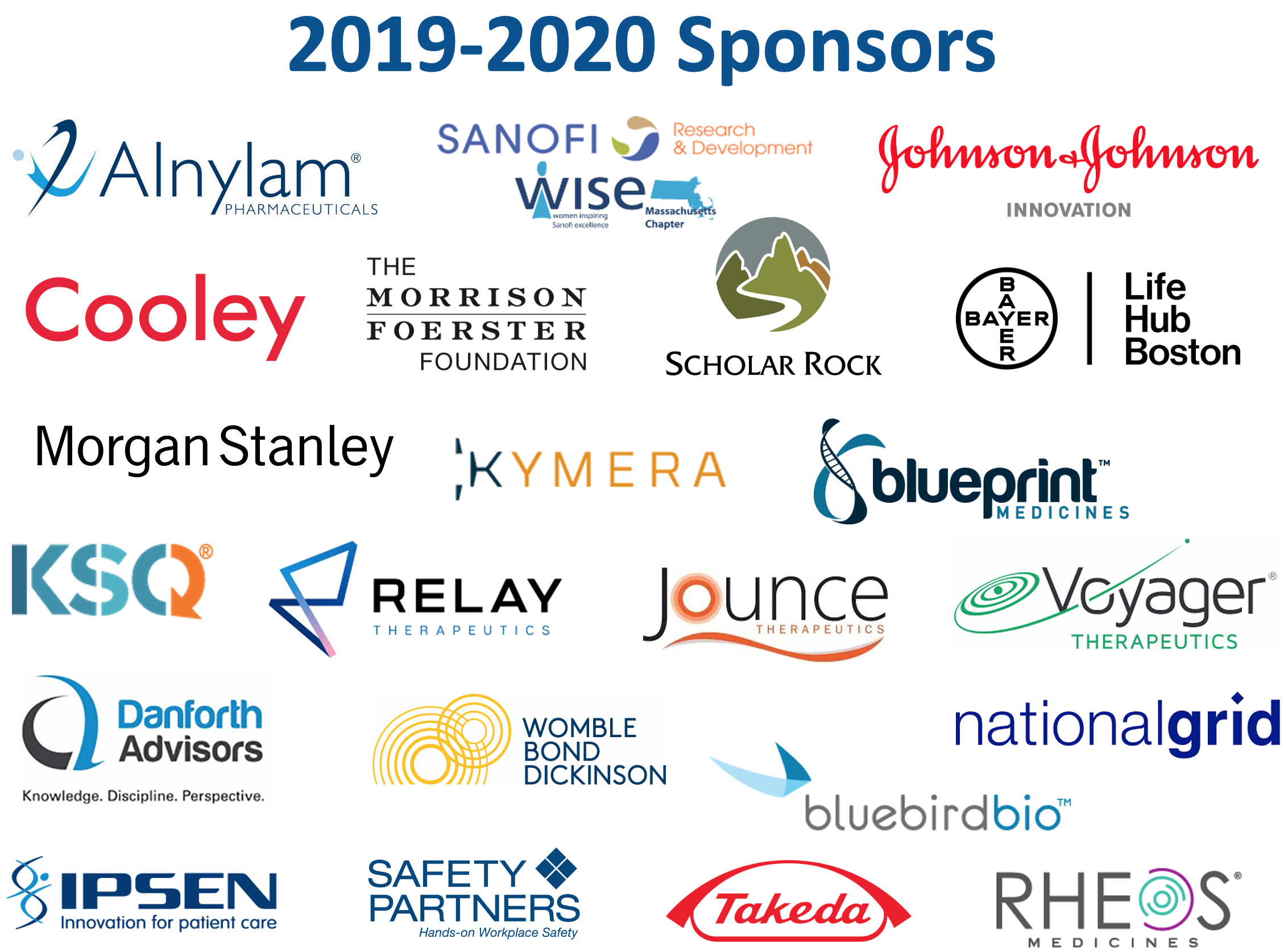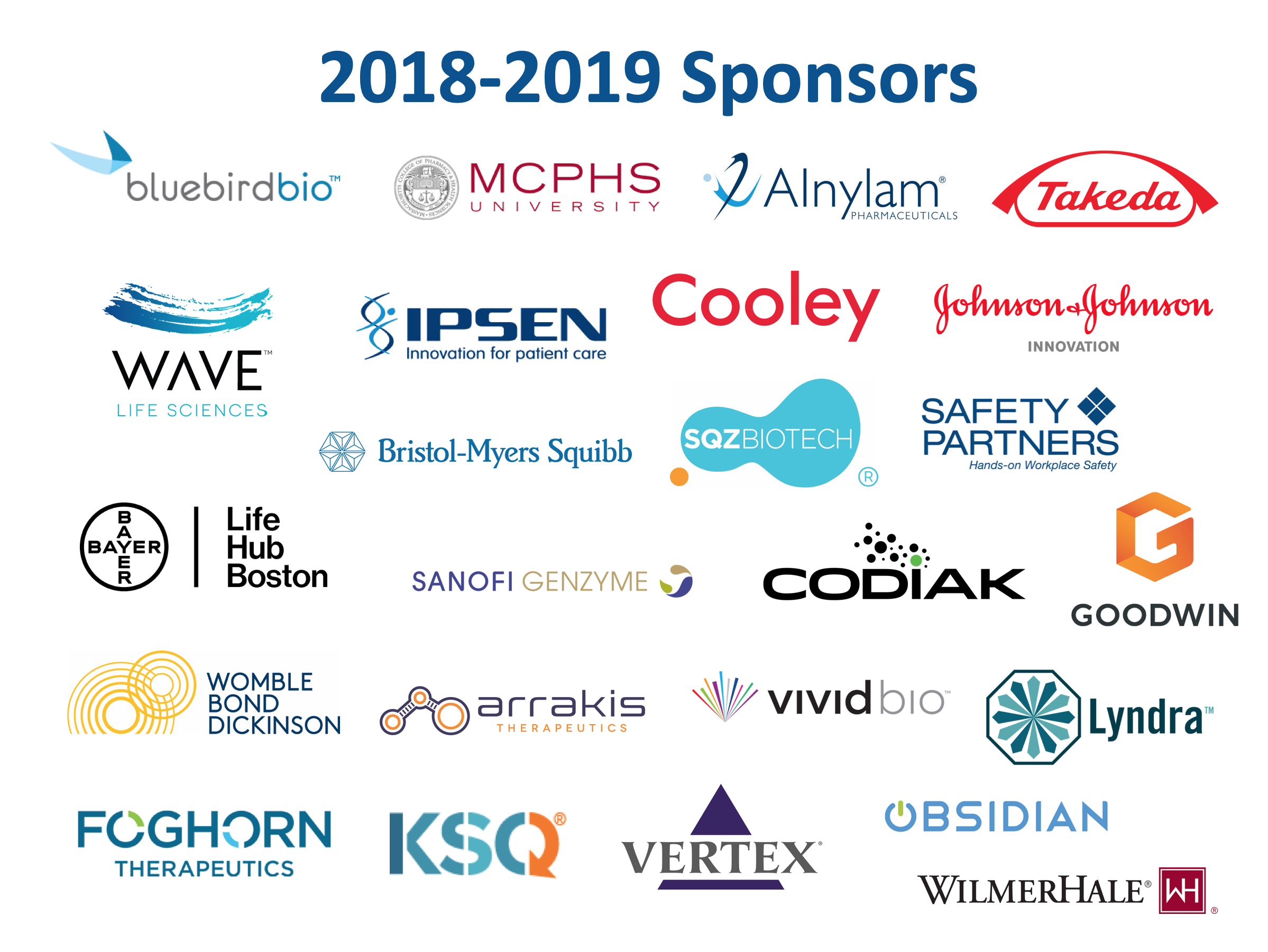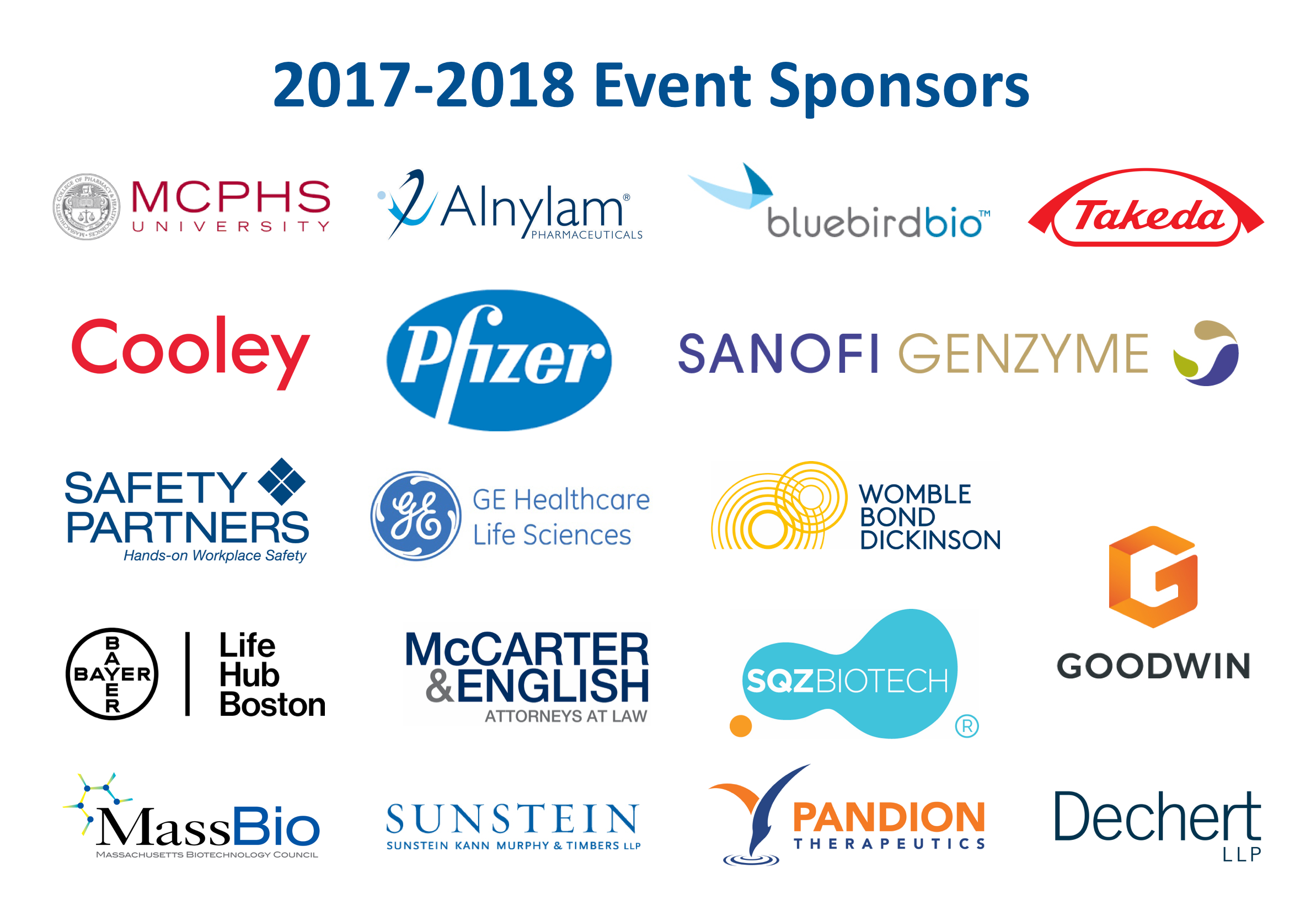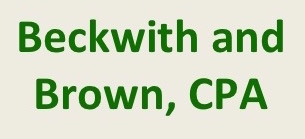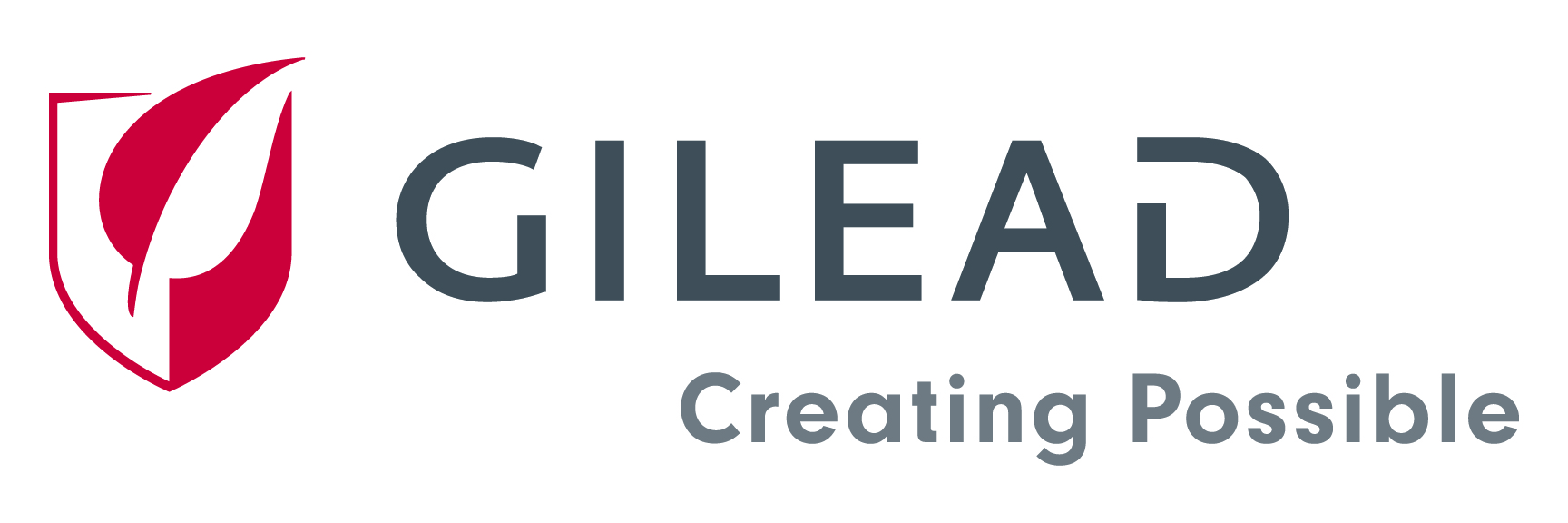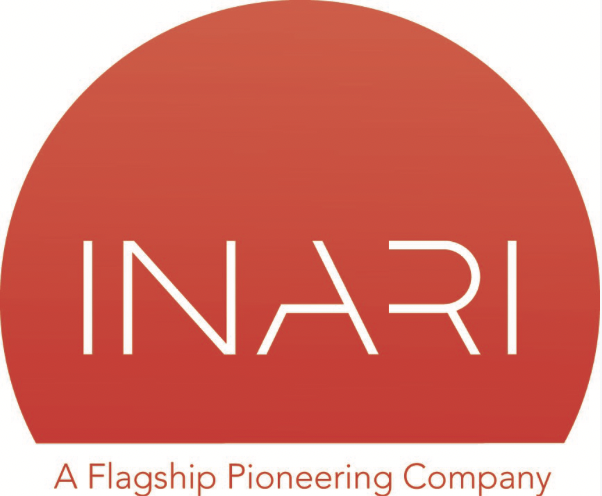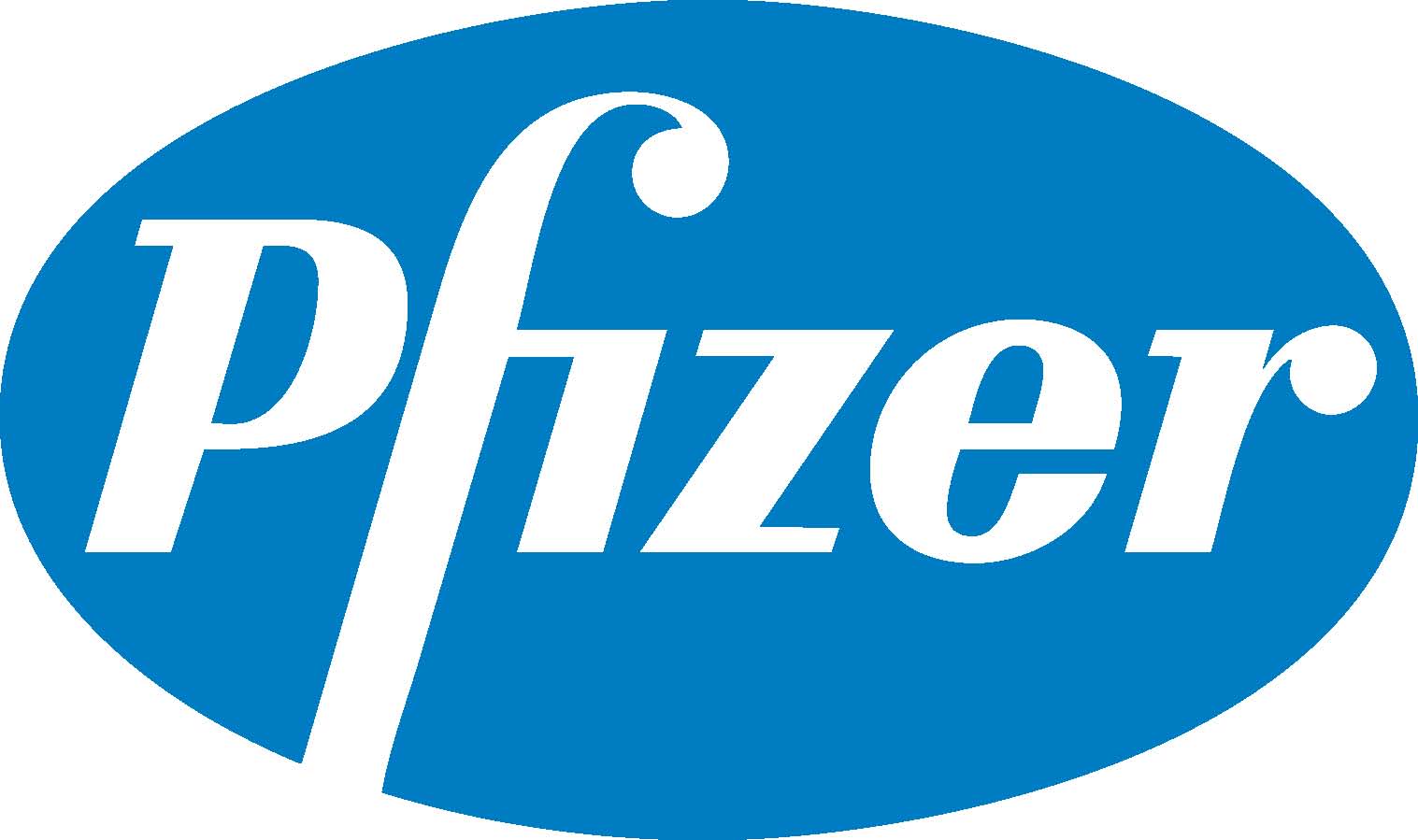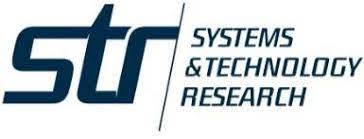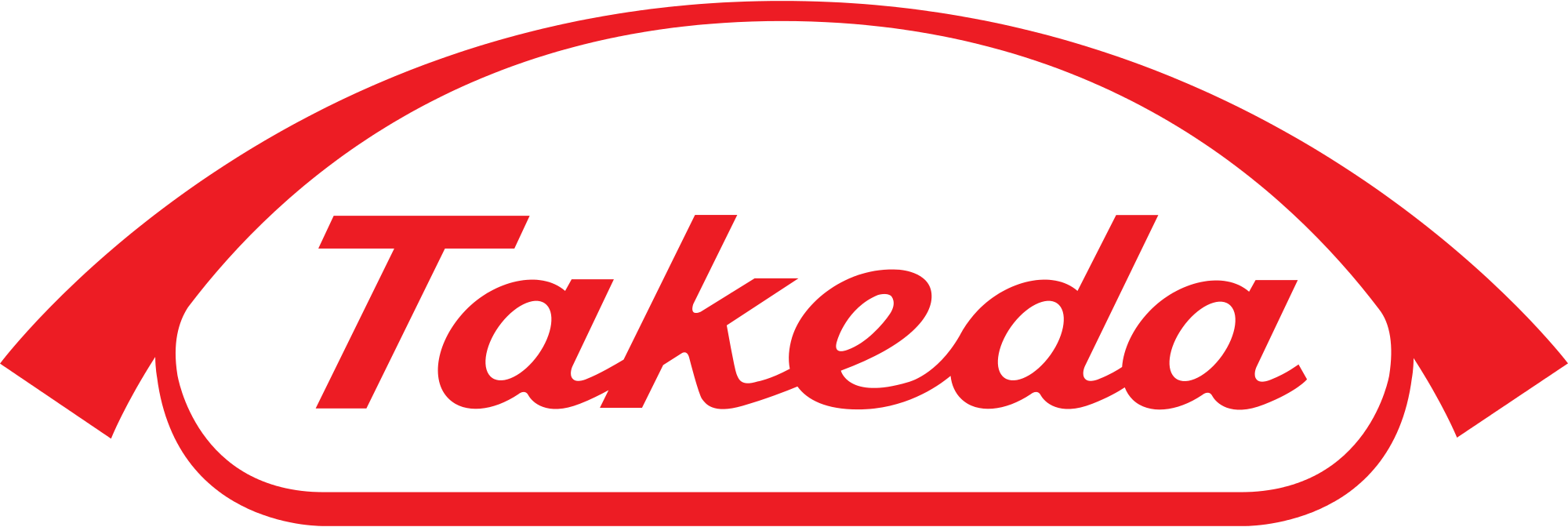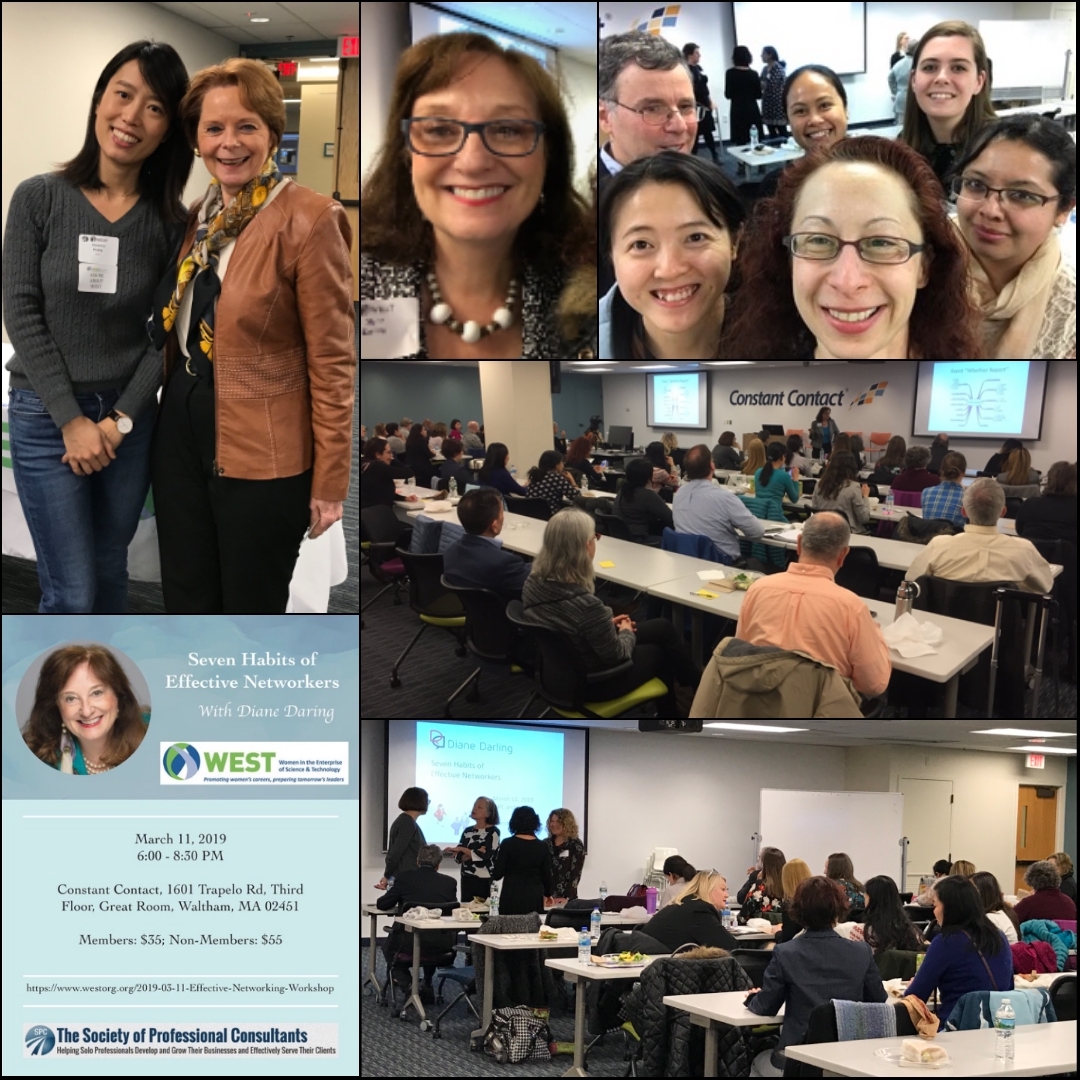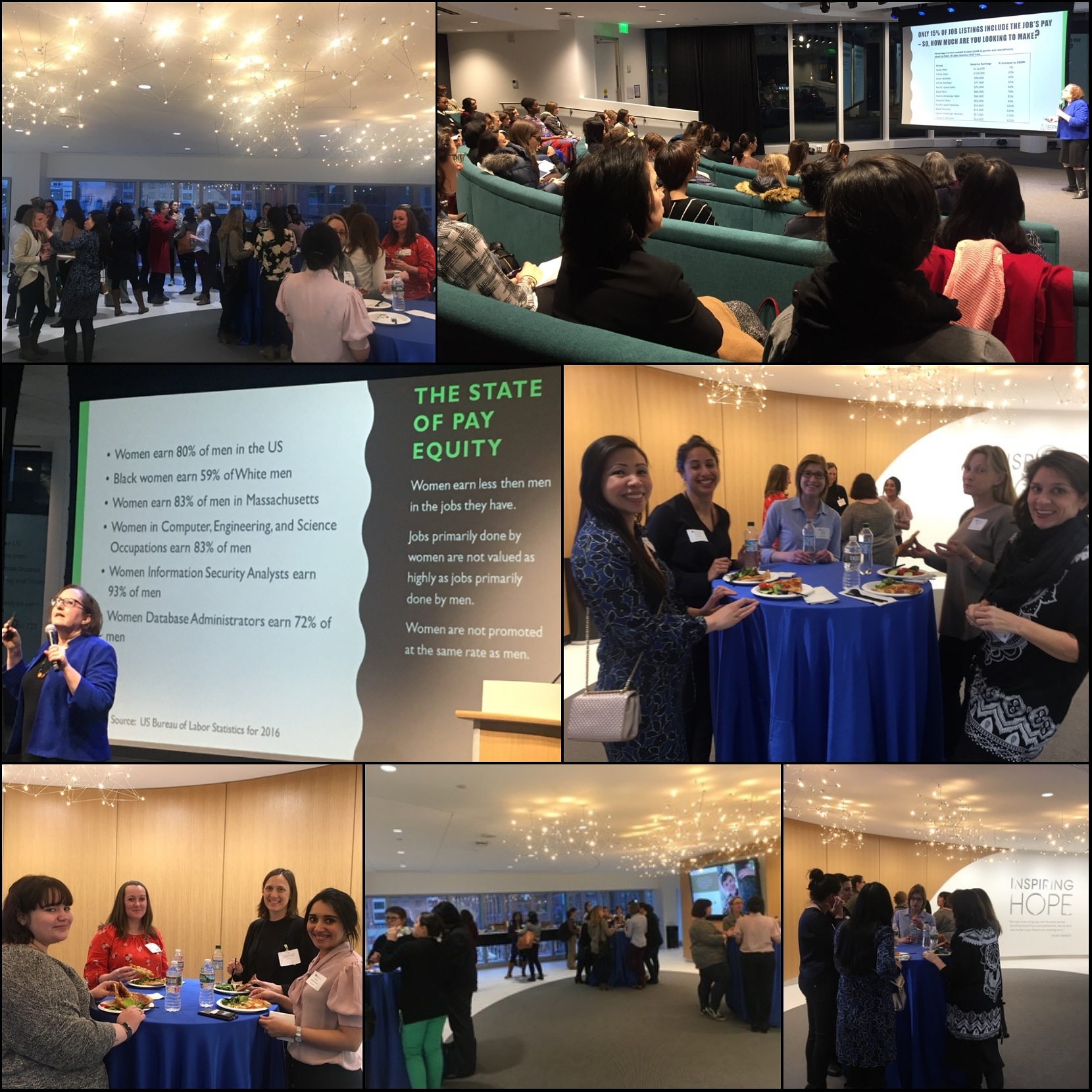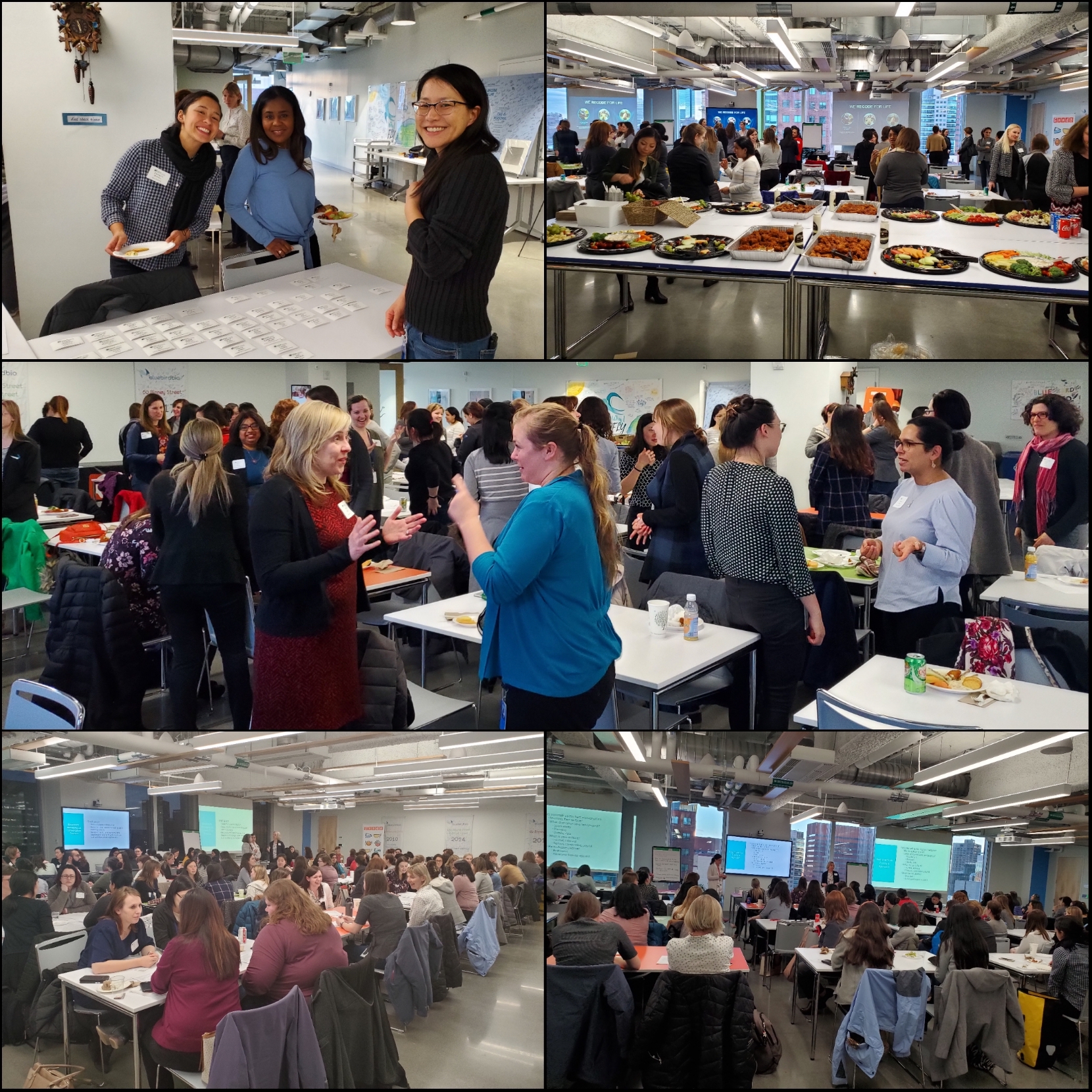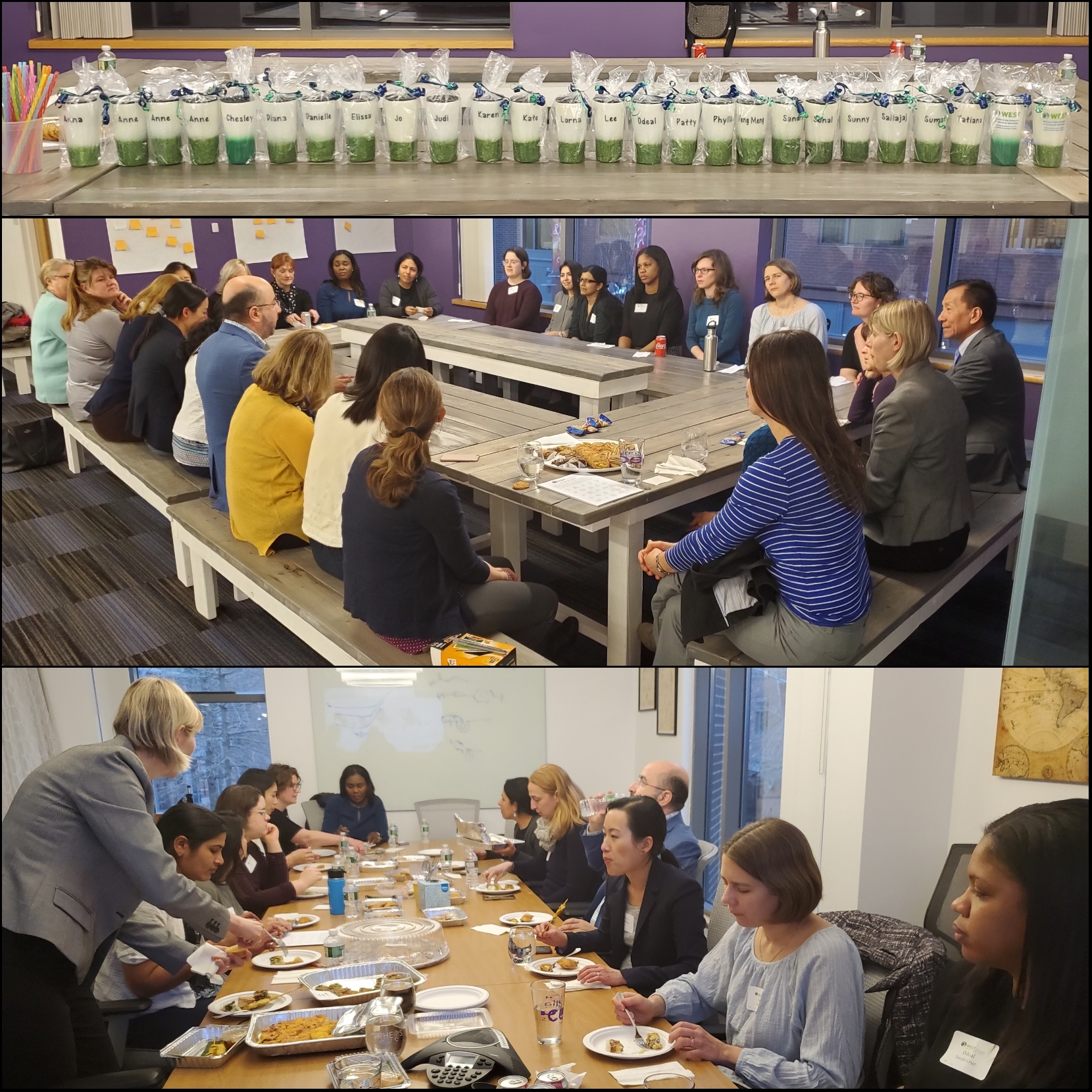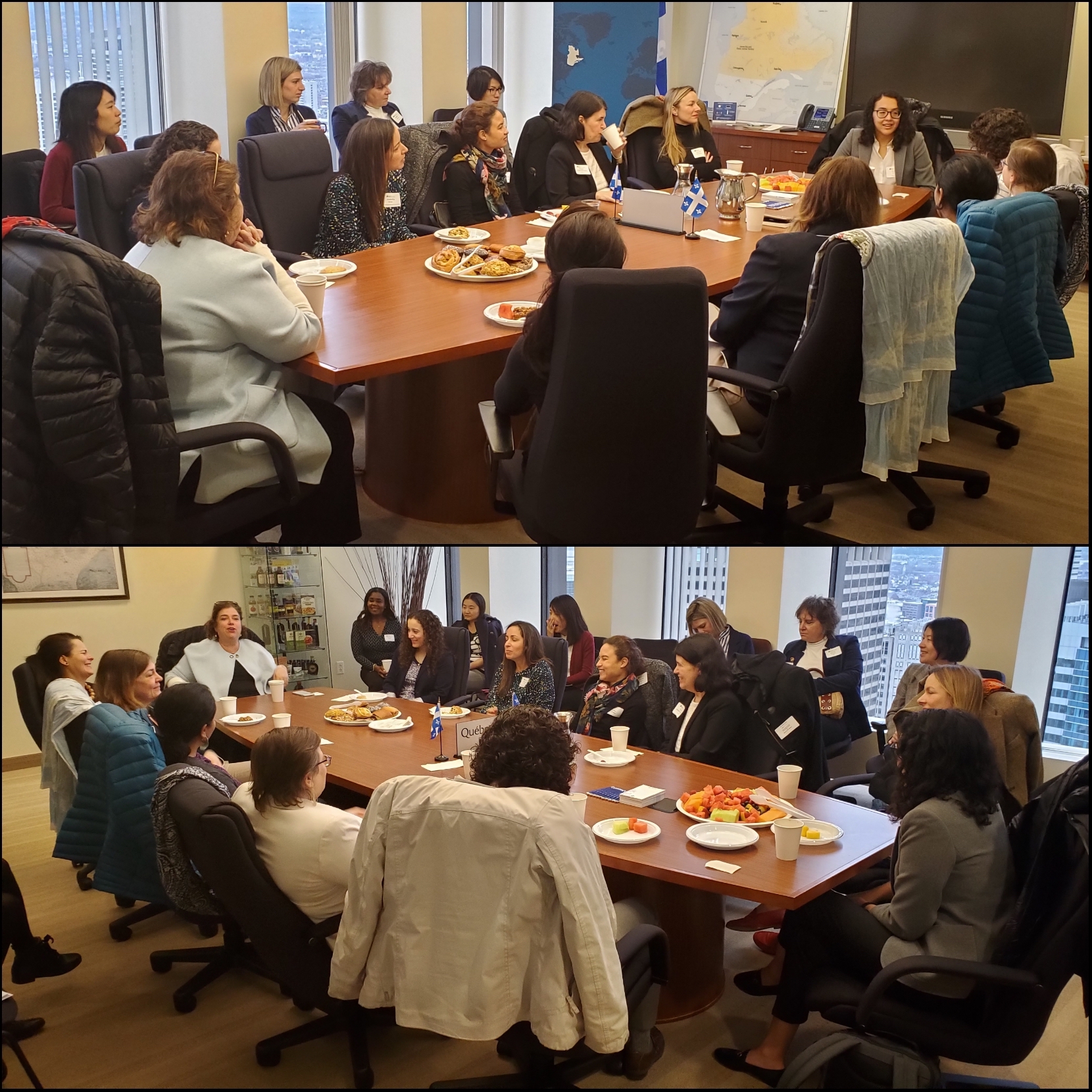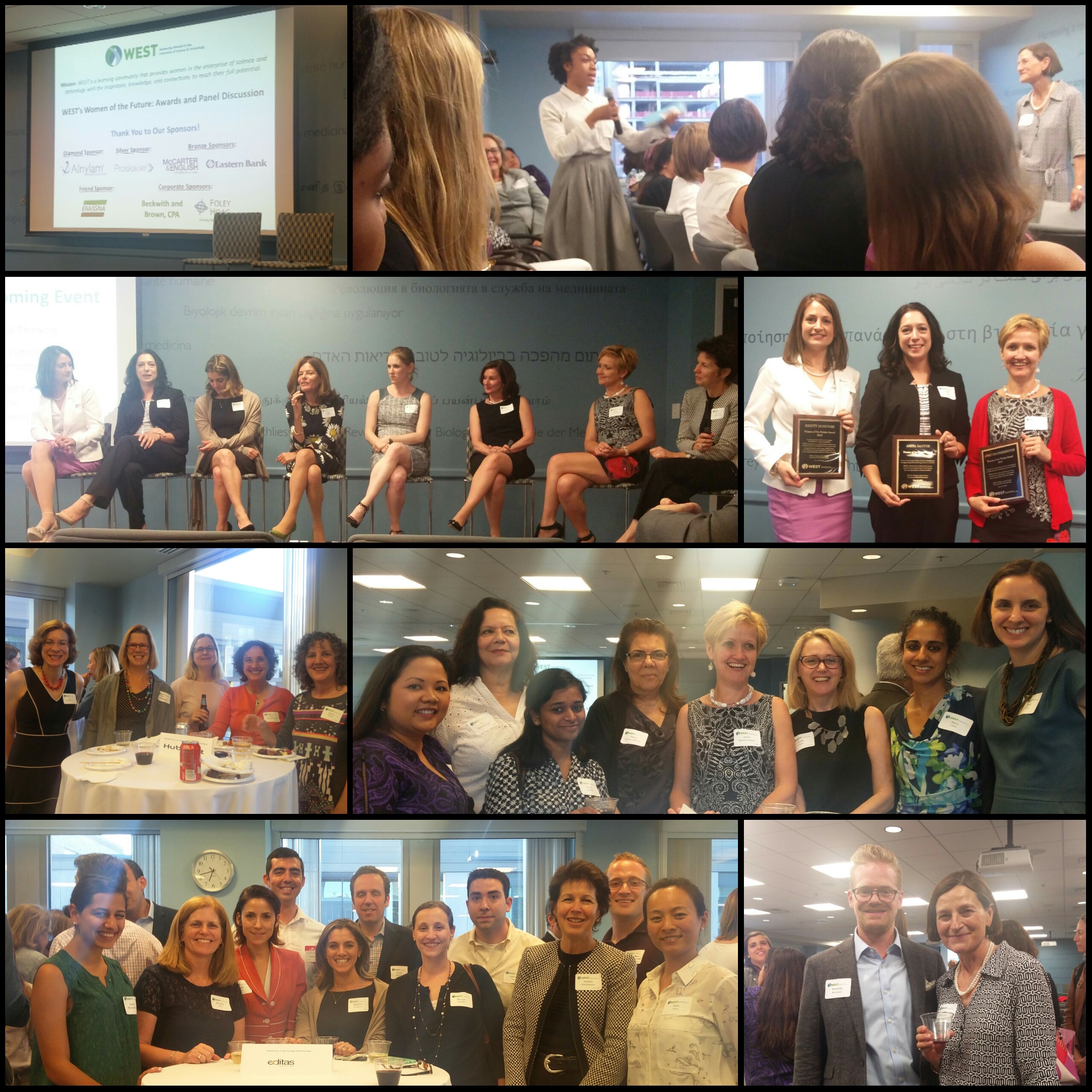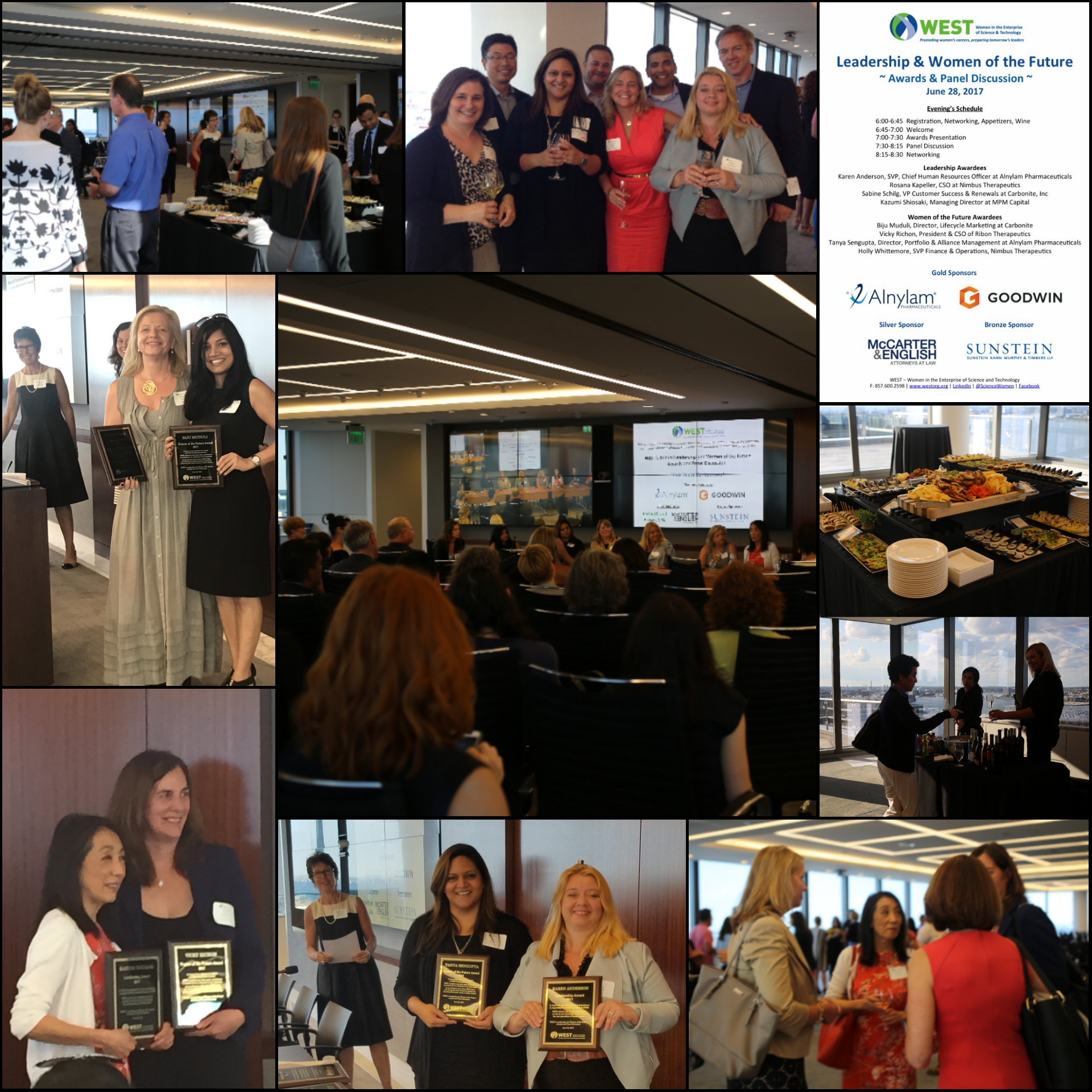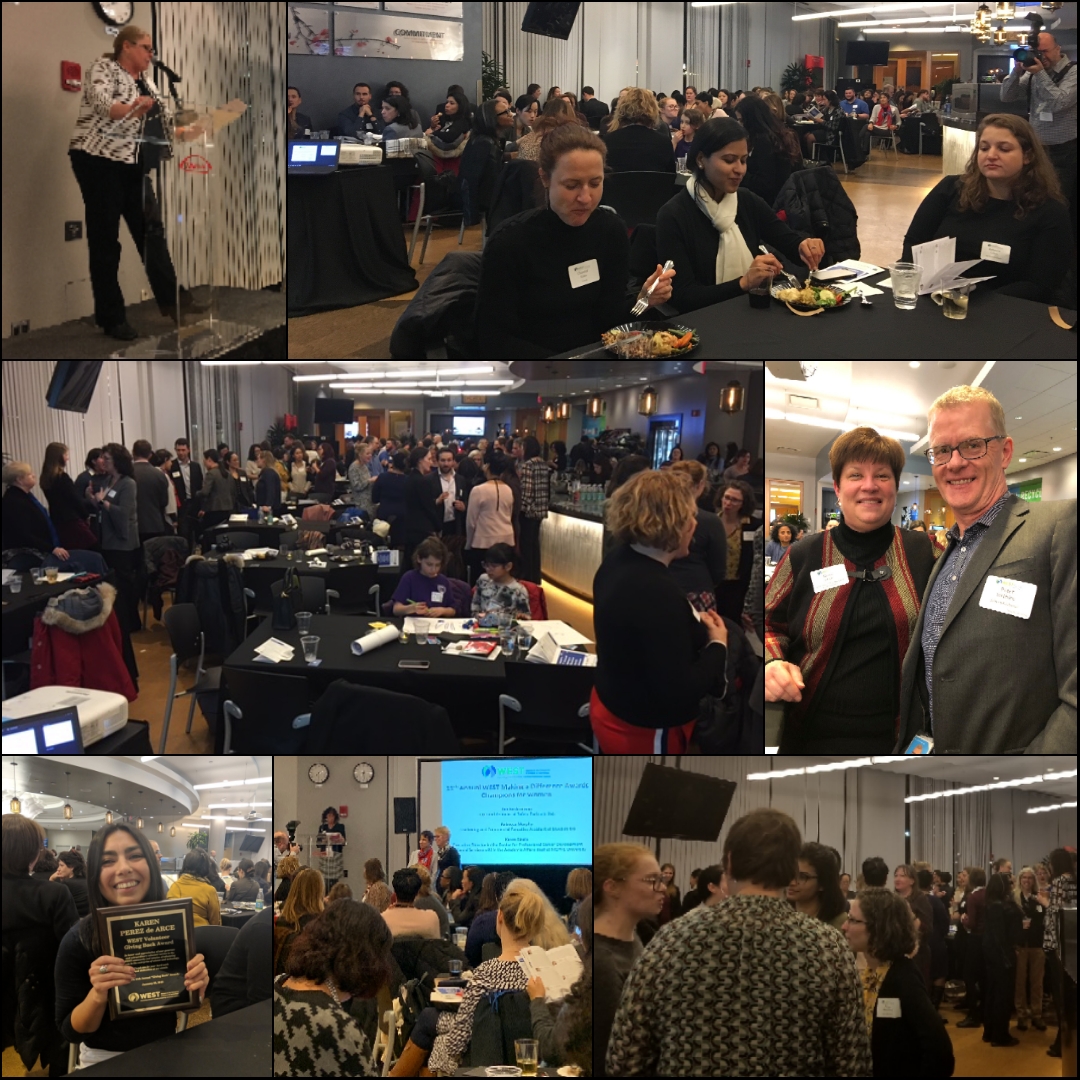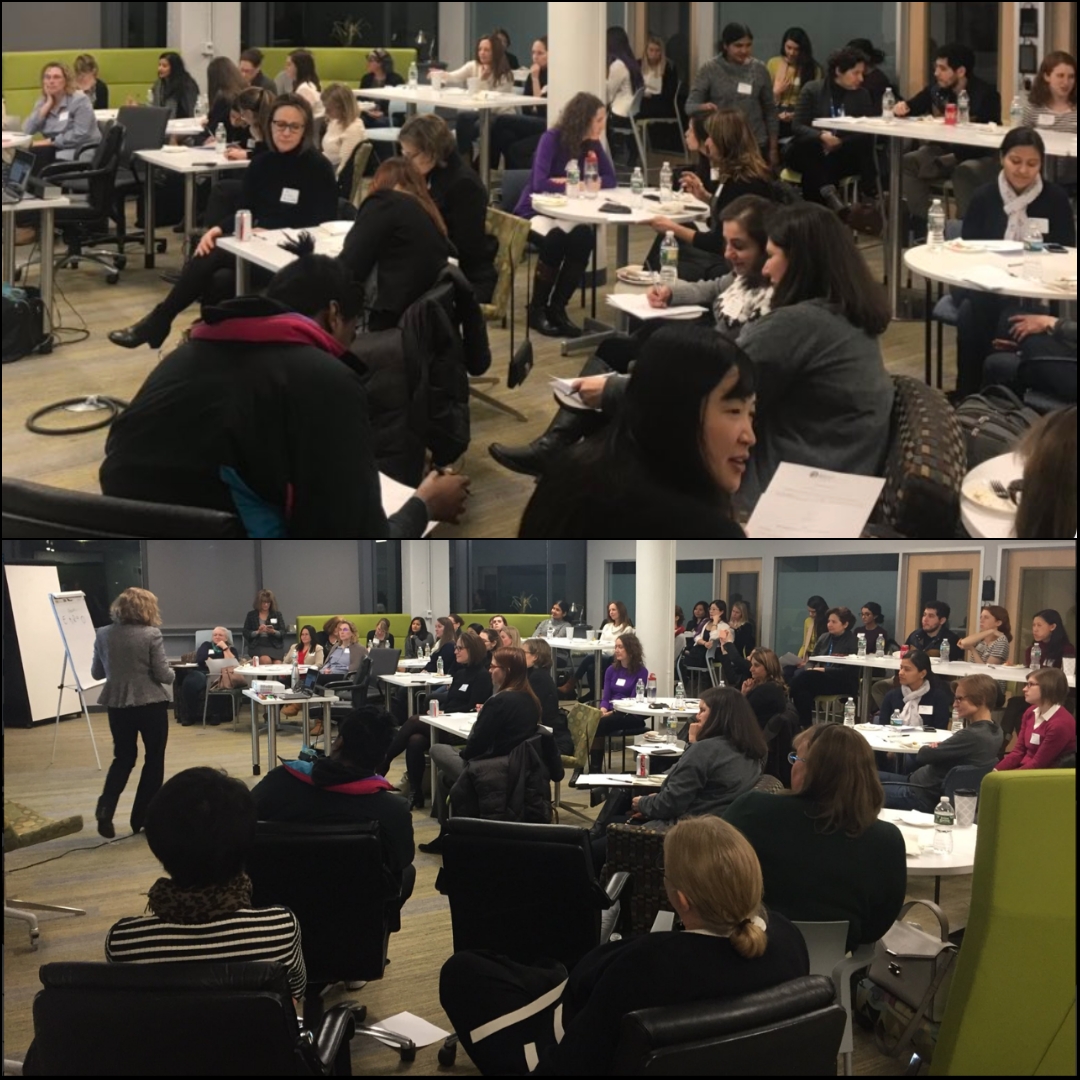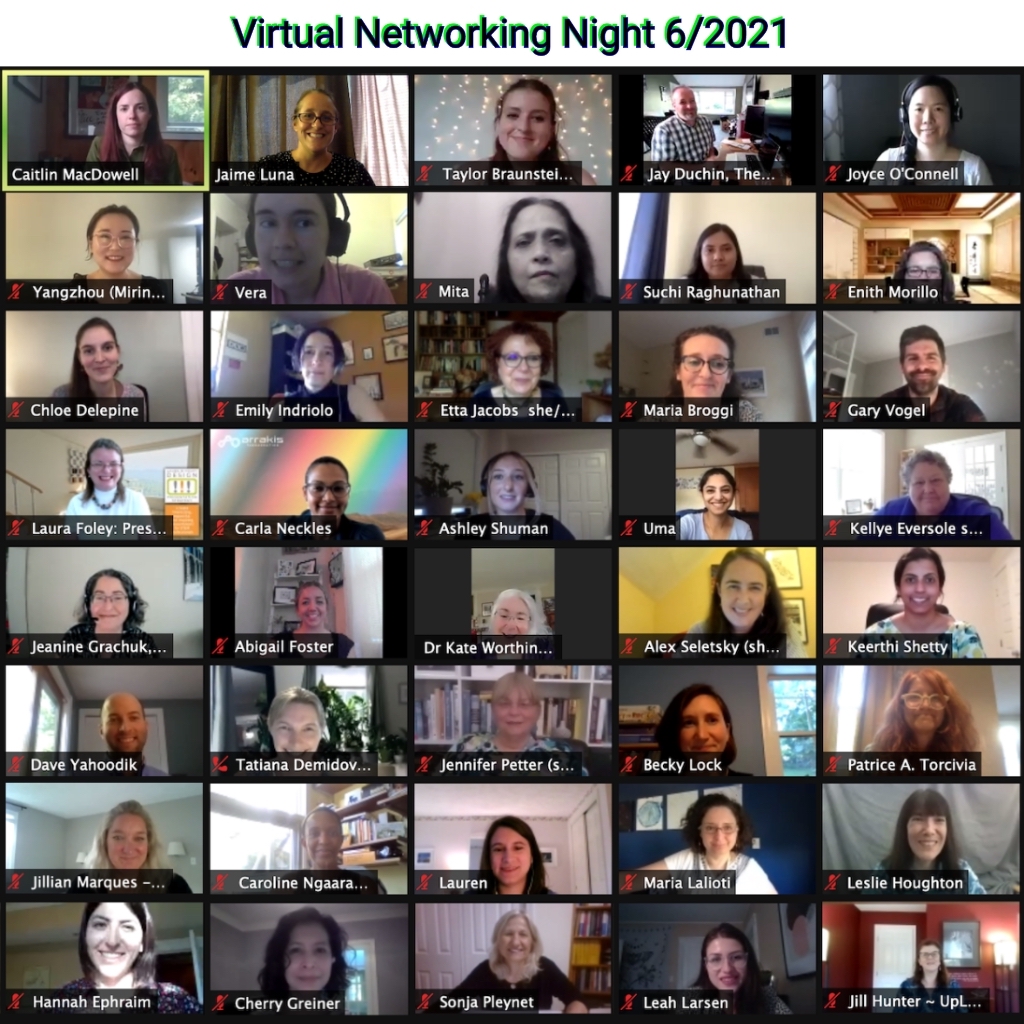Tips for Informational Interviewing
by Theresa E. Singleton, PhD
May 12, 2010
Navigating the job market, particularly in a difficult economy, can be a daunting task. Knowing how to conduct an effective 'informational interview' – a short meeting to ask for advice rather than a job – provides vital information on various career paths, and also serves to establish connections with key individuals in the target industry. At a recent WEST workshop*, career strategist Sarah Cardozo Duncan led a spirited discussion on best practices for seeking, arranging, and conducting productive informational interviews.
1. Why conduct an informational interview?
- To get information to make informed career decisions
- To leave a good impression
- To get referrals to meet with other potential employers/mentors
- To build relationships
2. How to Begin
- Know who you are and what your tools are (skills/expertise) so that the people you interview know how to help you and who to refer you to
- Brainstorm potential career paths to define industries/companies that interest you
- Network to identify individuals in your target industries/companies using tools such as LinkedIn, university alumni networks, and professional organizations
- Request an interview
- Mention who referred you to the individual
- Explain that you would like advice/information
- Ask for a short meeting (such as 20 minutes)
- DO NOT ask if they have any job openings!
3. The Interview
- Get on common ground
- Use an icebreaker to initiate conversation and ease tension
- Introduction
- Tell your story
- Give context so that interviewee can know how to help you
- Conversation
- Ask smart, strategic questions (e.g. What does the career path look like? Is a PhD or other higher degree required?)
- Do not ask “What is your day like?”
- You want to appear thoughtful and leave a good impression
- Close
- Thank them
- Ask whether they can refer you to anyone else for more information
- DO NOT give them your resume or CV
- Send a hand written thank you note as an added touch to stand out
4. Finally...
According to Harvard Business School, 90% of the time jobs are secured through the people you know. The informational interview is a crucial tool for networking and building relationships with individuals in your target career/industry.
*The WEST workshop “Learning the Art of the Informational Interview“ was held on April 28, 2010 in Cambridge, Massachusetts. Click Here for more information.
|

